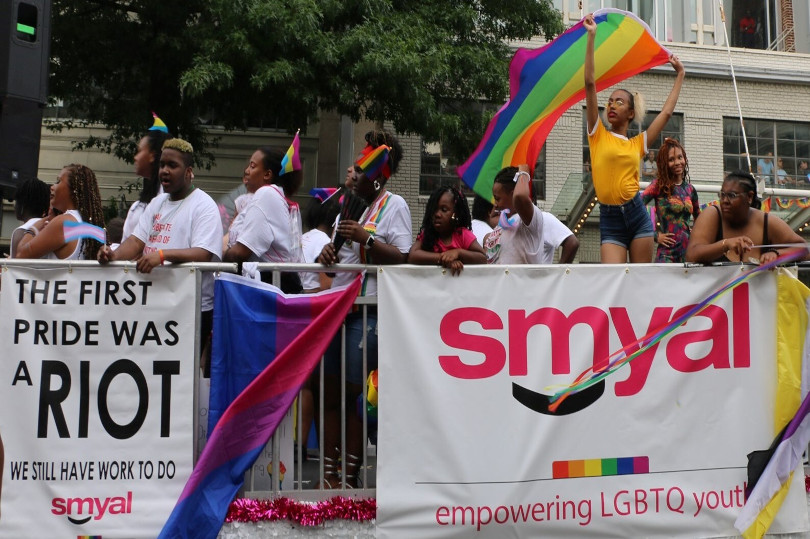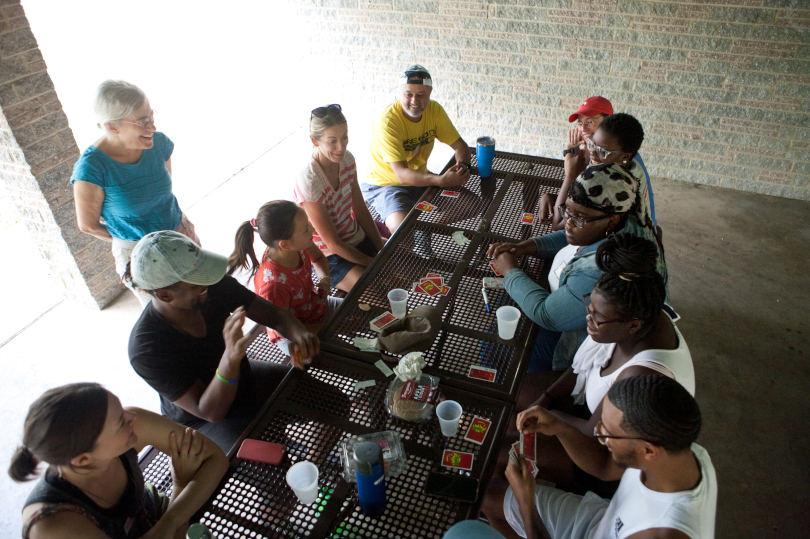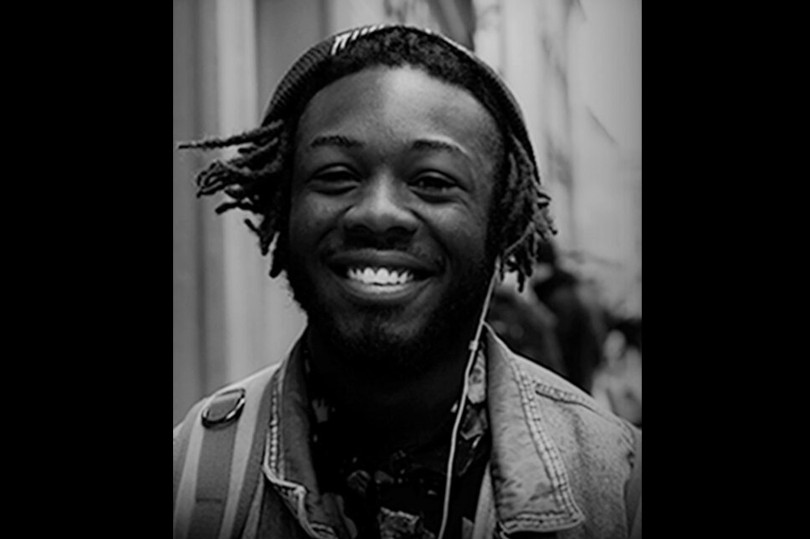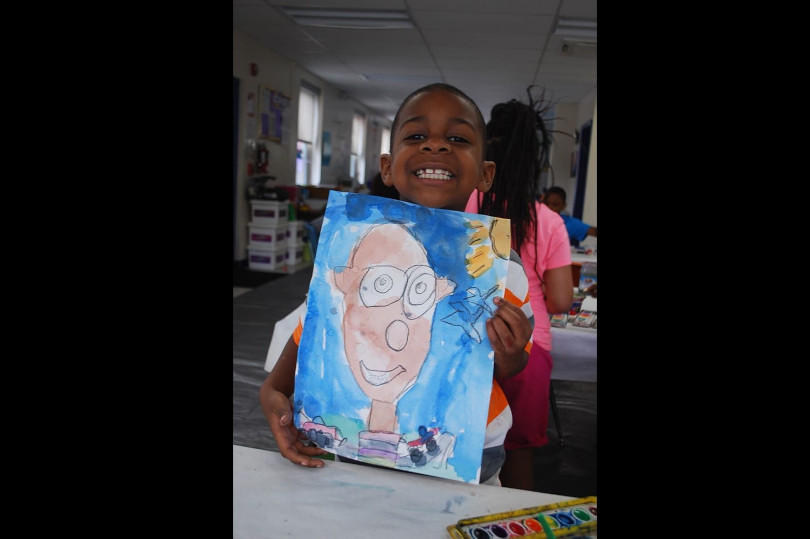SMYAL: Supporting and Mentoring Youth Advocates and Leaders
For nearly 40 years, LGBTQ+ individuals living in Washington, D.C. and needing an environment reminiscent of having familial support depend on SMYAL–Supporting and Mentoring Youth Leaders and Advocates–an organization supplying children and young adults leadership development opportunities, after-school programs, and counseling services.
Hancie Stokes, the organization’s communications director, initially got her start within the education and reproductive justice sectors and has since found joy aiding SMYAL in its community outreach divisions. “I identify as part of the LGBTQ community and feel passionately about community-serving organizations, and so SMYAL seemed like a perfect fit,” Stokes said. “Every person here cares deeply about working with queer and trans youth. For a majority of our folks, that’s because they are also a part of the LGBTQ+ community. For others, they’re allies and advocates.”

The organization provides participants of workshops and educational sessions with various accessibility options because COVID-19 altered the program’s communications format. “The big group of people that we had pre-pandemic either went online or have aged out of our programs, so we’re trying to rebuild a lot of our outreach methods,” she said.
Nonetheless, positive relationships with schools, LGBTQ+ organizations, and local collaborators helped produce events such as Youth Pride DMV, the Rise Up! Conference, and the Annual Fall Brunch, which is set to take place on October 28th and celebrates successes of the year before and everyone involved. “In our Little SMYALs [ages 6-12] program, that is a space where youth get to come in and try out new pronouns, try on a new name, or even a new way of dressing–and it’s seeing that weight lifted off their shoulders,” Stokes said. “I think those stories and testimonies–that’s why we do it.”
Help out here.
Family and Youth Initiative
The Family and Youth Initiative has created a home for older youth in foster care to connect with adults through mentorship and fun relationship-building events.
Susan Punnett, the executive director, said what sets the initiative apart from other services is teens having the freedom to communicate when they don’t feel comfortable spending time with someone and choosing not to get to know them better. “When you’re a teenager, it helps to have a range of people that you know you can trust and rely on and talk to about whatever you want to talk about, and know they’ll be there for you,” Punnett said.
Leslie Moore, a former youth program participant, found a mentor one year after her arrival at the initiative. Since then, she’s developed workforce skills through office management and resume-building. “It’s great for networking and building a support group,” Moore said. “I found that outside of just having one specific mentor for myself, I also had other people come in and help that are a part of the program – but not just for me.”

Mentor applicants should have “consistency, openness, and a two-year commitment.” As Punnett and Moore said, teens deserve people who will “show up for them outside of events.” “The worst thing that can happen is that we match a teen and an adult, and then the adult isn’t available for whatever reason,” Punnett said. “We’re not interested in creating another relationship that will let our teens down.”
Moore plans to develop a support group for teens and former participants who’ve become parents. Punnett encourages participation from more families considering adoption and is creating programming for individuals aging out of foster care. “Don’t take this program for granted because you never know when you’re going to need somebody,” Moore said. “It’s a real group, and you’re making real connections.”
Are you equipped to support?
JOY Baltimore
Lonnie Walker, founder and chief executive officer of JOY Baltimore, said his initial introduction to the city’s downtown poverty left him with a “culture shock.”
“I got off the bus at Howard Street Greyhound Station before it moved, and I almost cried,” he said. “It was horrible.” Originally from New York, Walker moved to Baltimore at the insistence of his aunt.
Gathering assets to develop his organization to confront matters of the city’s houseless young people, he worked incessantly to create programs and specialized event days to improve resources apportioned to Baltimore’s youth. “The results are when my young people graduate from high school, college, or trade schools,” he said. “It’s not bragging about numbers–it’s watching the young people do what they were destined to do because they were a part of the program.”

Black Men United and Black Women United are mentorship-focused initiatives JOY provides aside from a separate facility known as The Drop-In Center, offering at-risk youth ages 13-24 access to emergency and permanent housing, medical and dental services, community services, vital records, and Maryland State ID.
Available for entry on Tuesdays and Thursdays is The Boutique, a bi-monthly marketplace open to anyone in need with contributions including clothing items, toiletries, food, and access to community services.
While donations and community support have effectively improved the organization’s reach, Walker is transparent about a more prominent issue he’s encountered. “Another challenge is when you can’t get a young person to where they should be because the streets are more important to them,” he said. “The young person is fighting with being in the streets and doing something positive–so it’s a fight all the way around, but we push through with prayer.”
Are you ready to help?
Art With a Heart
Randi Pupkin, founder and executive director of Art With a Heart, redefined her legacy with artistic passions after finding success within her construction litigation practice, growing tired of the “beige walls” that encompassed her office. “When I would go into art, I could be free,” Pupkin said. “It was just so peaceful for me. I’d always been percolating the idea of combining my love of people and my love of art and bringing that to the community.”
Pupkin, her team, and volunteers of the organization have worked together to create public art installations in Baltimore and bring forth interactive visual art classes into schools, community centers, group homes, and other locations. She even has a store employed by creators of the artwork being sold called HeARTwares through HeARTworks, a “collaborative space for opportunity youth, ages 14 to 24, to experience a structured work environment while building job readiness and life skills.”

Participants are educated on “financial literacy, handling criticism, and developing a professional attitude” and happened to employ over 20 young adults in the YouthWorks program this past summer.
Like SMYAL, Art With a Heart also had a few issues stemming from the pandemic’s impact on in-person curriculum. “I do this because I care about the people that we serve and I care that they have access to something important to their humanity,” Pupkin said. “The pandemic was scary for a hands-on organization, but we made it.” Her organization’s doors remain open to anyone interested in volunteering, teaching, or forming connections.
“We have an event on September 7 at 5 p.m. called “Shop and Bop,” where we display and sell all of the artwork created by students in our workforce development program over the summer,” Pupkin said. “There’s nothing like watching a student sell a handmade piece of art to a complete stranger who treasures it–it’s wonderful.”
Ready to have your hands splashed with color?
Article featured image courtesy of iStock.


